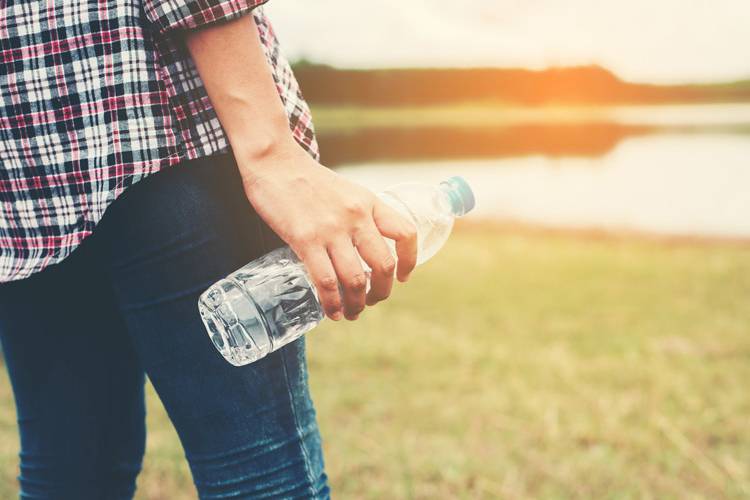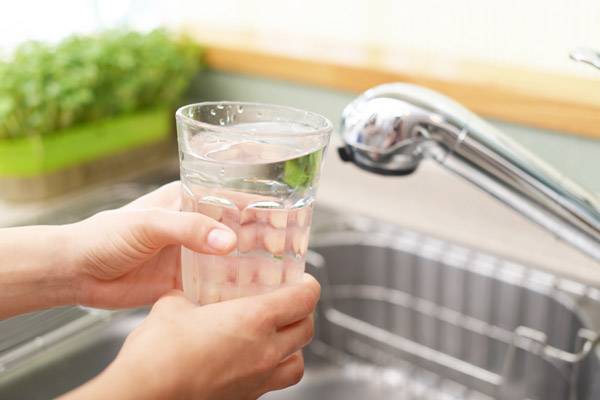Bottled waters: which are the best?
Water is the main component of our organism, and a vital resource. As well as hydration, it improves digestion, removes toxins, contains minerals and also helps regulate body temperature.
TRIED AND TESTED
Share

It is well known that the best way to relieve thirst is by drinking a large glass of water. No other liquid relieves this need so quickly. This is easily explained: water is the main component of the human body and represents roughly 60% of an adult’s bodyweight.
To compensate daily water losses, the European Food Safety Agency (EFSA) recommends the consumption of 2.5 litres a day for men and 2 litres daily for women. However, the amount needed by each person depends on factors such as age, weight, the climate and diet.
In recent years, either because of the water hardness in some areas, a preference for its flavour or because of its special qualities, bottled water has earned its place in our shopping trolleys.
Among bottled water, the following can be distinguished:
• Natural mineral water
This is obtained directly from natural springs or perforated underground sources. Its composition and quality are constant, as it has fewer natural fluctuations in comparison to other water bodies (rivers, reservoirs or lakes) which can be exposed to effluents. It contains certain mineral salts, oligo-elements and other components. It is collected in conditions which guarantee its original microbiological purity and chemical composition of its essential components. It is bottled near the spring outlet with specific hygiene precautions and does not undergo other treatment.
• Spring water
This emerges spontaneously at the earth’s surface. Unlike natural mineral water, its composition is not constant and may vary.
• Prepared drinking water
This is water which has undergone the necessary physical and chemical treatments so that it meets sanitary requirements.

WATER FOR EVERY NEED
Depending on the mineral concentration, there are several types:
• Very low mineralisation (dry residue up to 50 mg/L) or low mineralisation (dry residue up to 500 mg/L). It is specially indicated for the preparation of baby food and encourages kidney functioning..
• Strong mineralisation (dry residue over 1500 mg/L).
• Bicarbonate (over 600 mg/L). This is indicated for digestive problems.
• Sulphate (over 200 mg/L). Indicated to improve digestion and skin condition.
• Chloride (over 200 mg/L). Indicated for gastric problems.
• Sodium (over 200 mg/L). Indicated for muscle cramps.
• Calcium (over 150 mg/L). Aids to strengthen teeth and bones.
• Magnesium (over 50 mg/L). Encourages muscle relaxation.
• Fluoridated, which contain fluoride (over 1 mg/L). Strengthens enamel.
• Ferruginous, which contain iron (over 1 mg/L). Encourages cell oxygenation.
WHAT ABOUT TAP WATER?
It comes from rain water and is usually surface water which is collected and treated with extremely strict safety and disinfection regulations, and which we can drink safely.
However, the flavour varies depending on the area, and especially on the coast, it is usually much harder with a stronger flavour. For this reason many people opt for bottled water.






